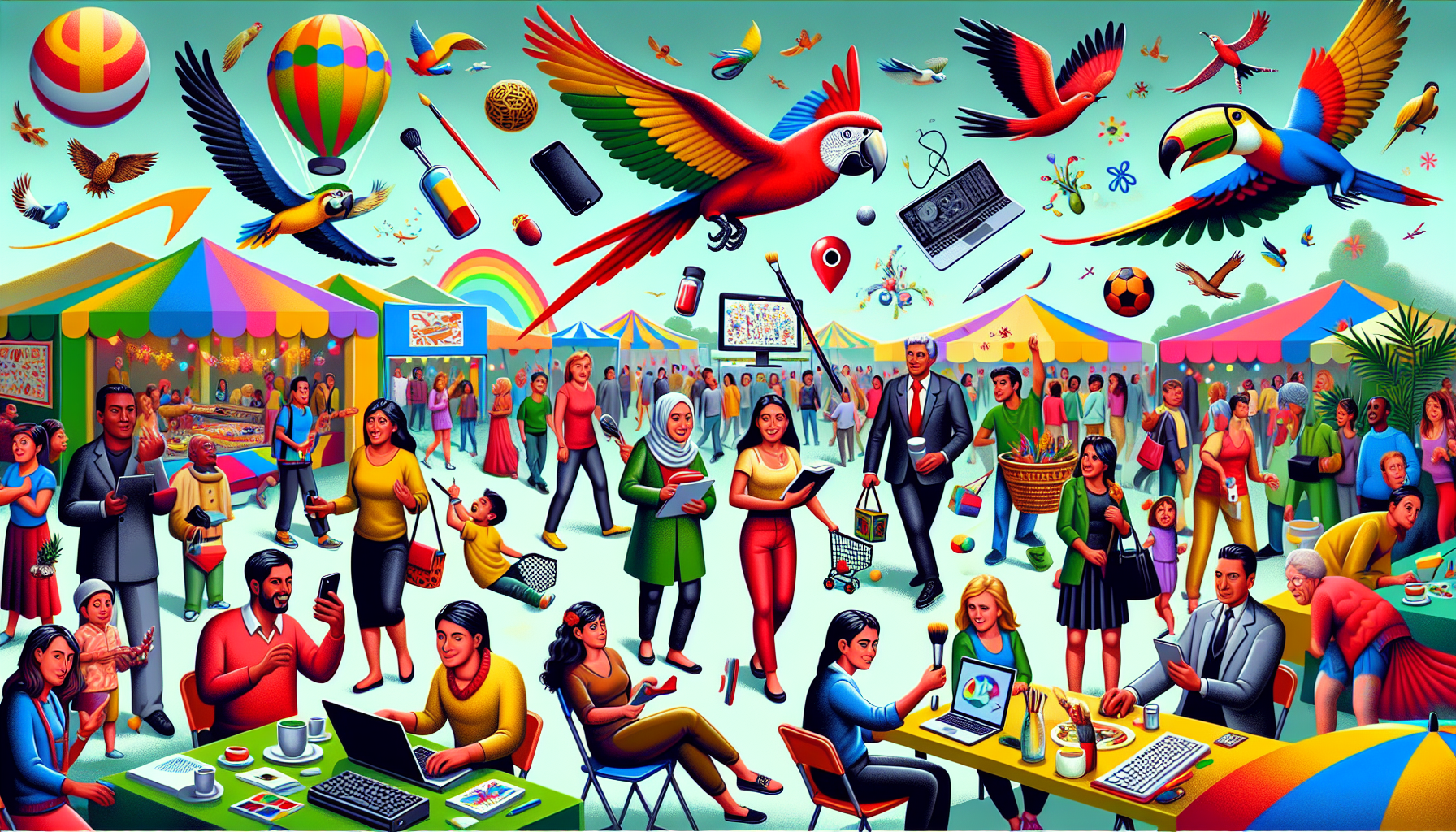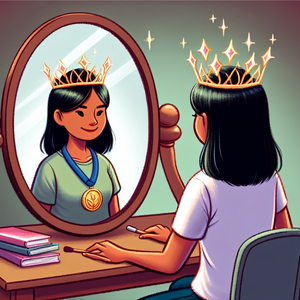Urban Umbrella’s Innovative Product Line: Redefining Public Spaces

Urban Umbrella is perhaps best known for its iconic canopies, which serve as functional yet striking structures in bustling urban areas. These innovative canopies are designed with a dual purpose: to provide shelter for pedestrians while enhancing the visual appeal of the urban landscape. For instance, the Urban Canopy features a sleek, modern design that not only offers protection from rain and sun but also incorporates elements that promote sustainability, such as reducing rainwater runoff. This transformative approach turns ordinary streets into vibrant public spaces where people can gather, socialize, and engage with their surroundings. Moreover, Urban Umbrella's canopies can be integrated with lighting and digital displays, further enhancing their utility as communal hubs and information points in cities.
Sustainability at the Core
Sustainability is a foundational principle at Urban Umbrella. The company is committed to utilizing eco-friendly materials and practices in its product development. For example, their furniture line—comprising benches, tables, and other outdoor seating options—is crafted from upcycled materials, thereby minimizing waste and fostering a circular economy. Urban Umbrella’s approach not only enhances urban livability but also promotes a culture of environmental stewardship among city residents. By integrating sustainable practices into their designs, they set a standard for others in the industry. Their products often incorporate features like solar panels for lighting, demonstrating a commitment to renewable energy and reducing the carbon footprint of urban infrastructure.
Enhancing Urban Living
The influence of Urban Umbrella’s products extends beyond aesthetics and sustainability; they are specifically designed to enhance community engagement and improve overall quality of life in urban settings. For example, their modular seating arrangements foster social interaction, allowing people to connect and engage in public spaces—essentially converting sidewalks and plazas into social hubs. Additionally, the incorporation of greenery into their designs—such as vertical gardens and planters—helps improve air quality, create a more inviting atmosphere, and contribute to urban biodiversity. These elements collectively enhance the well-being of urban residents, promoting mental health and social cohesion.
Case Studies of Success
Urban Umbrella has successfully implemented its innovative designs in numerous high-profile projects across various cities. A notable example is their revitalization project in New York City, where they transformed underutilized public squares into vibrant community hubs. Through the installation of canopies and seating areas, the initiative attracted local artists and vendors, breathing new life into the area and fostering a sense of community. This case study exemplifies how thoughtful, innovative design can yield significant economic and social benefits for urban areas, proving that public spaces can be both functional and enjoyable.
Careers and Locations at Urban Umbrella
Urban Umbrella's growth and innovative nature have resulted in diverse career opportunities. The company offers various roles in design, architecture, project management, and sustainability consulting. Employees often work collaboratively to develop cutting-edge solutions that meet the needs of urban environments. Urban Umbrella's offices are strategically located in major metropolitan areas, allowing for close collaboration with city officials, community organizations, and stakeholders. Their primary office is situated in New York City, with additional locations in urban centers like San Francisco and Toronto, facilitating a broad reach for their projects and initiatives.
Urban Umbrella is at the forefront of redefining public spaces through its innovative product line that emphasizes both functionality and sustainability. By focusing on flagship products such as their canopies and furniture designs, the company enhances the aesthetic appeal of urban environments while contributing to community well-being. Their unwavering commitment to sustainable practices ensures that these innovations are beneficial not only for people but also for the planet. As cities continue to evolve, the role of companies like Urban Umbrella in shaping our public spaces will be crucial. They inspire future designs that prioritize livability and environmental stewardship. Through their visionary approach, Urban Umbrella is not merely creating products; they are transforming the way we experience and interact with our urban landscapes, paving the way for a more sustainable and connected future.
Urban Designer
City planning departments, architecture firms, urban development consultancies
Core Responsibilities
Develop comprehensive design plans for public spaces that enhance community interaction and accessibility.
Collaborate with city officials and stakeholders to ensure designs align with urban development goals and sustainability standards.
Conduct site analyses and engage with community members to gather input on design proposals.
Required Skills
Proficiency in design software such as AutoCAD, SketchUp, or Adobe Creative Suite.
Strong understanding of urban planning principles and environmental sustainability.
Excellent communication and project management skills to effectively liaise with multidisciplinary teams.
Sustainability Consultant
Environmental consulting firms, government agencies, non-profit organizations focused on sustainability
Core Responsibilities
Assess the environmental impact of urban development projects and recommend sustainable design practices.
Work with product teams to integrate eco-friendly materials and technologies into designs.
Conduct workshops and presentations to educate stakeholders on sustainability best practices in urban environments.
Required Skills
Knowledge of LEED certification and other sustainability frameworks relevant to urban design.
Strong analytical skills to evaluate project proposals and identify areas for improvement.
Ability to communicate complex sustainability concepts to a diverse audience.
Product Design Engineer (Urban Furniture)
Furniture design firms, architectural firms, urban design companies
Core Responsibilities
Design and prototype innovative urban furniture, such as benches and seating arrangements, focusing on functionality and aesthetics.
Collaborate with materials engineers to select sustainable materials that meet durability and environmental goals.
Conduct user testing to gather feedback and iterate on designs based on community needs.
Required Skills
Experience with 3D modeling software and product lifecycle management tools.
Understanding of ergonomics and user-centered design principles.
Strong problem-solving skills and ability to work collaboratively in a fast-paced environment.
Community Engagement Coordinator
Non-profit organizations, city government, urban development firms
Core Responsibilities
Facilitate communication between Urban Umbrella and community stakeholders to gather input on public space designs.
Organize public forums and workshops to educate residents about new projects and solicit feedback.
Develop outreach strategies to ensure diverse community representation in the design process.
Required Skills
Exceptional interpersonal and communication skills to build relationships with community members and organizations.
Experience in community organizing or public relations, particularly in urban settings.
Strong organizational skills to manage multiple projects and events simultaneously.
Landscape Architect
Landscape architecture firms, environmental consultancies, government agencies focused on urban planning
Core Responsibilities
Design outdoor spaces that incorporate greenery and natural elements into urban environments, enhancing biodiversity and aesthetic appeal.
Collaborate with urban planners and architects to create integrated designs that meet environmental and community needs.
Prepare detailed plans and specifications for planting, irrigation, and maintenance of landscaped areas.
Required Skills
Proficiency in landscape design software such as LANDCAD or AutoCAD.
Strong understanding of horticulture, ecology, and sustainable landscape practices.
Ability to communicate design concepts effectively to clients and stakeholders.


